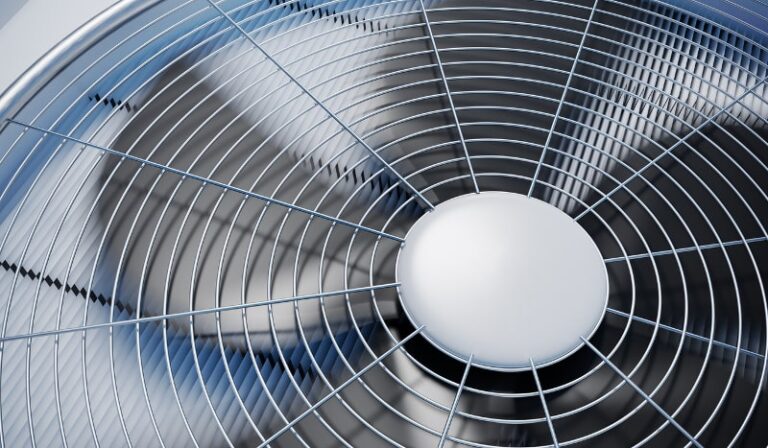A properly functioning AC system should shut off after achieving the temperature you set on the thermostat. A typical cooling cycle lasts about 10 to 20 minutes, and two or three cycles should run in one hour. If your AC system in Hendersonville, TN, is running constantly, here are four reasons this may be the case.
1. Damaged Thermostat
Thermostats detect room temperatures. Over time, dirt can accumulate on the thermostat sensors to form an insulating coating, making them unable to accurately measure the temperature in your living environment. Additionally, damaged electrical wiring or loose connections may disrupt communication between the thermostat and the air conditioner.
When the AC and the thermostat have communication problems, the AC won’t stop at the right time, even when the temperature drops. Based on our experience, we recommend changing thermostats every 10 years.
2. Clogged Air Filter
Over time, air filters may get clogged with dirt, obstructing airflow within the AC system. With difficulty moving the air, the AC must run longer to cool your home. Performing regular maintenance tasks, such as changing your filters monthly, can reduce strain on the system and cause it to run less.
3. Low Refrigerant Levels
Air conditioners need enough refrigerant to move heat within the cooling system. If refrigerant leaks due to cracked refrigerant lines or a faulty expansion valve, the AC cannot absorb sufficient heat from the indoor air. As a result, the system must run longer to cool your home, which makes it run constantly.
4. Dirty Condenser Unit
Heat transfer from the hot refrigerant to the outside air happens when air flows over the condenser coil in the outdoor unit. If the condenser unit’s filters get clogged with foreign materials like leaves or grass clippings, airflow may become restricted, causing heat transfer problems. This causes the air conditioner to keep running continuously.
When your AC system runs continuously, let a technician inspect it to find the issue. For professional air conditioning services, call the experts at Derryberry’s Heat & Air.
Image provided by iStock

